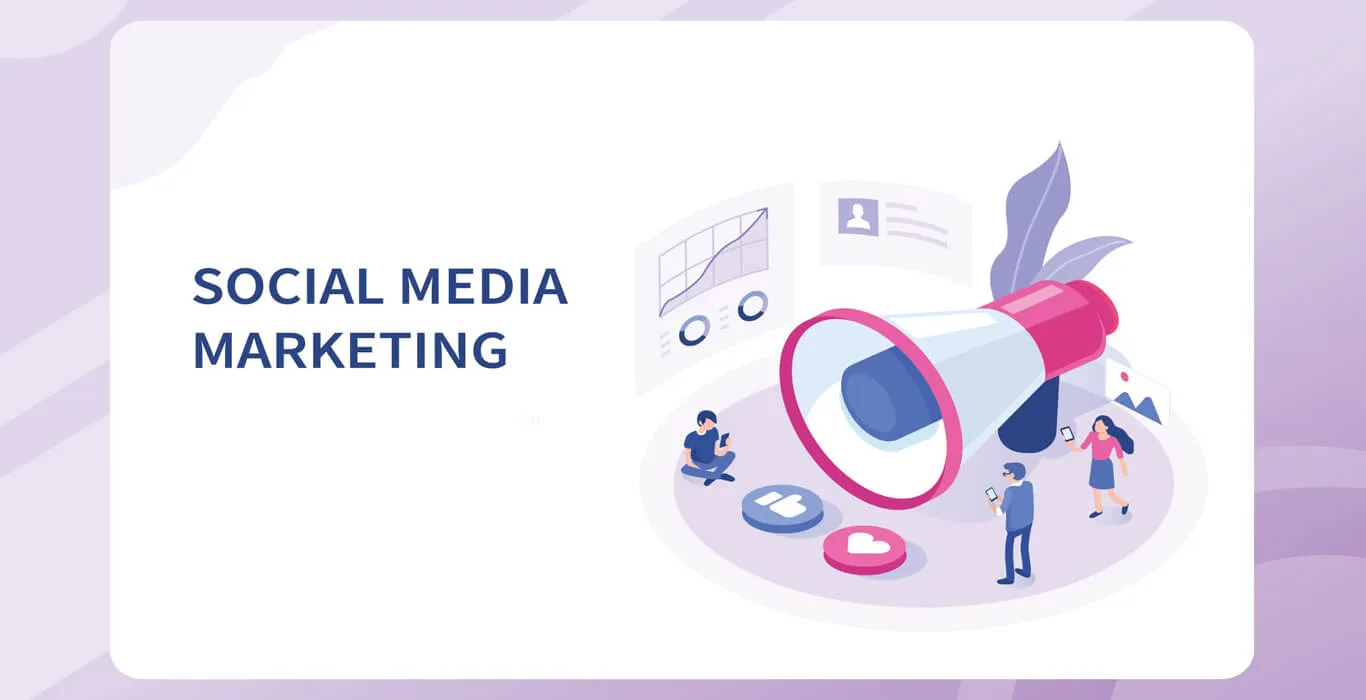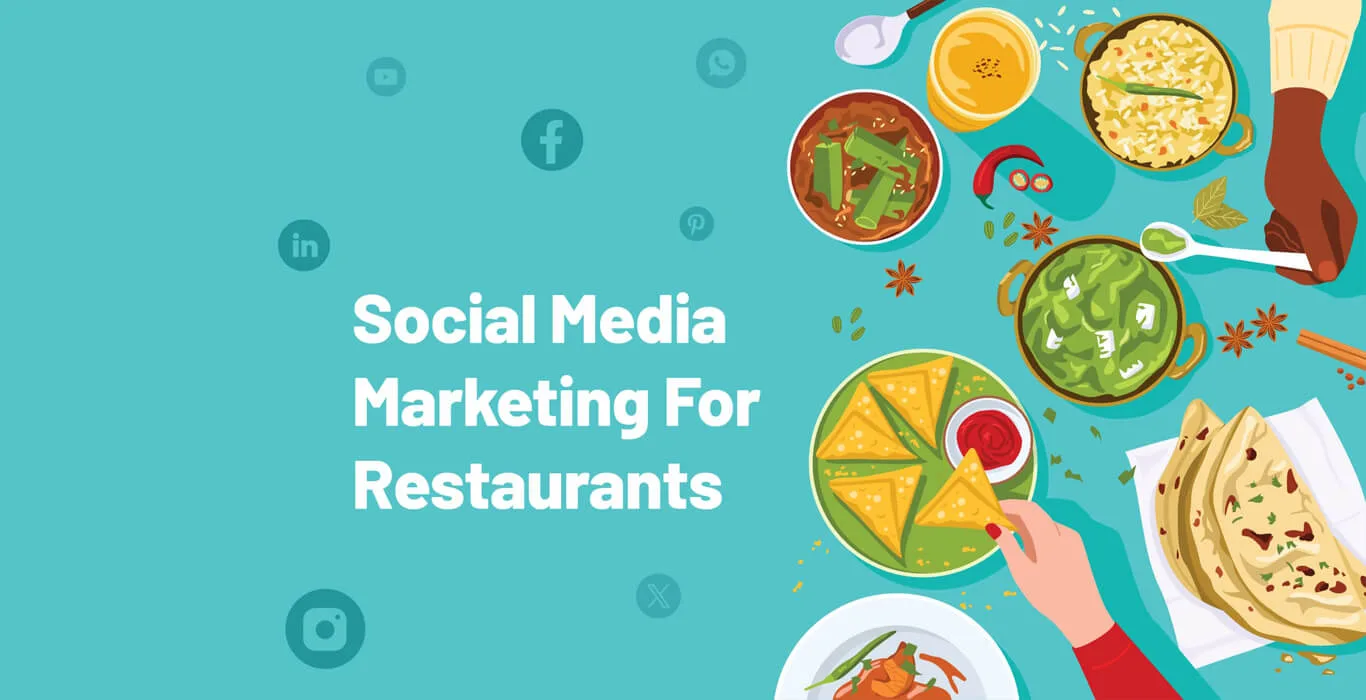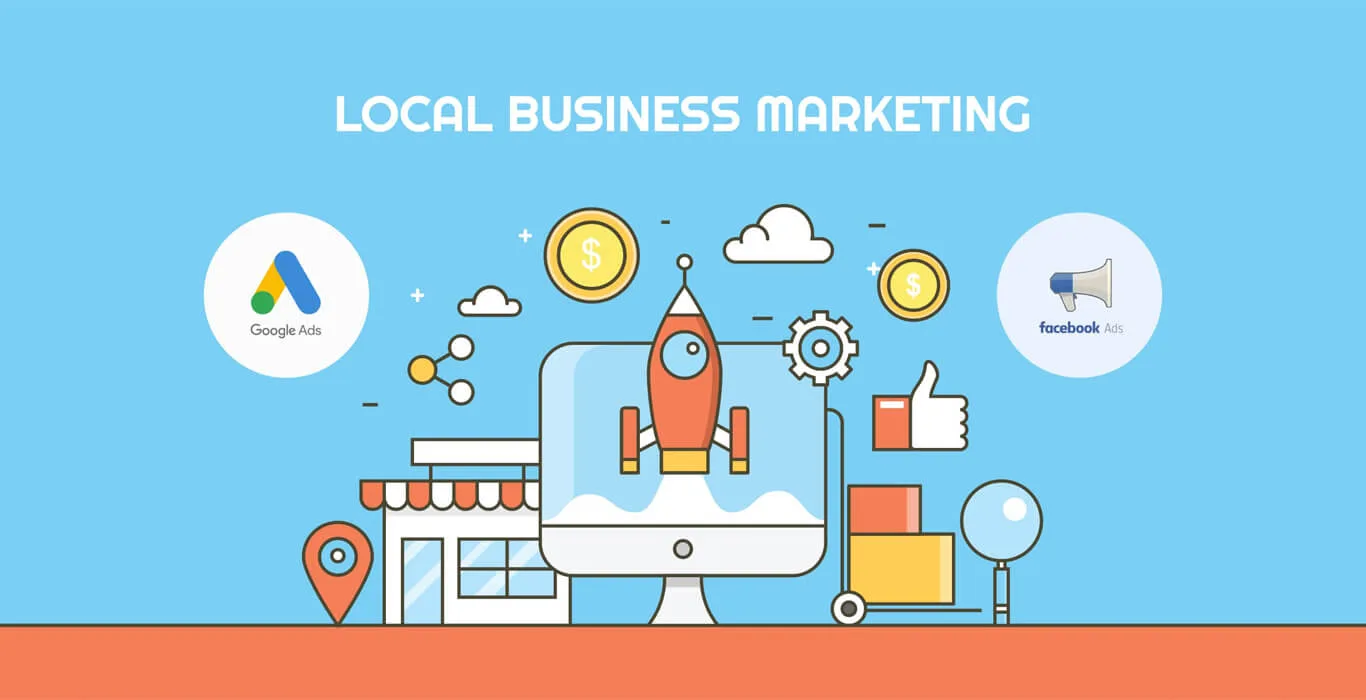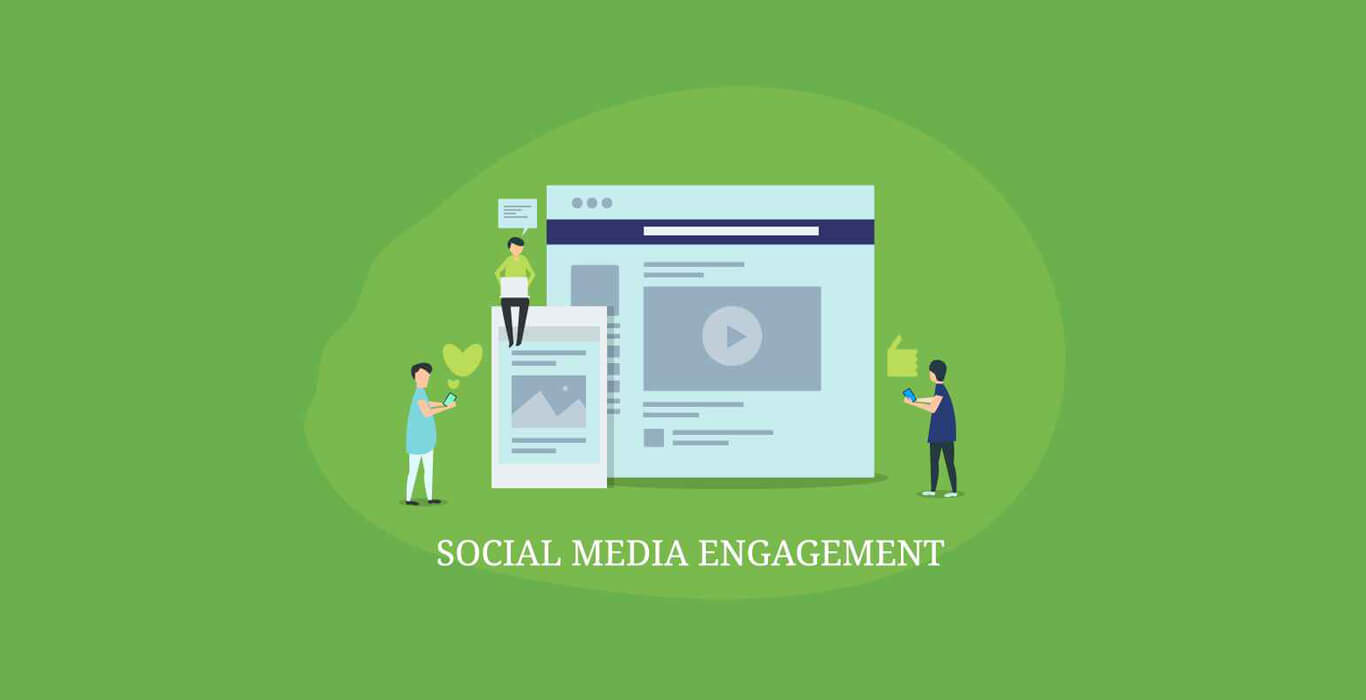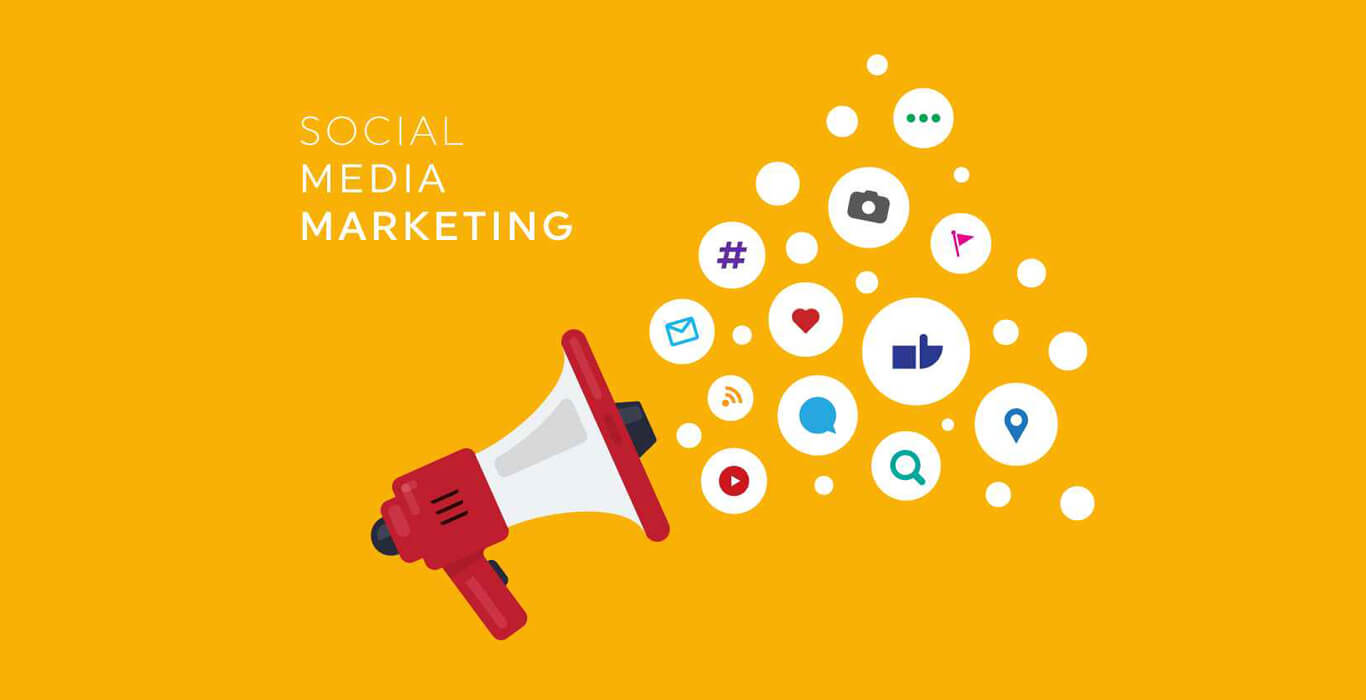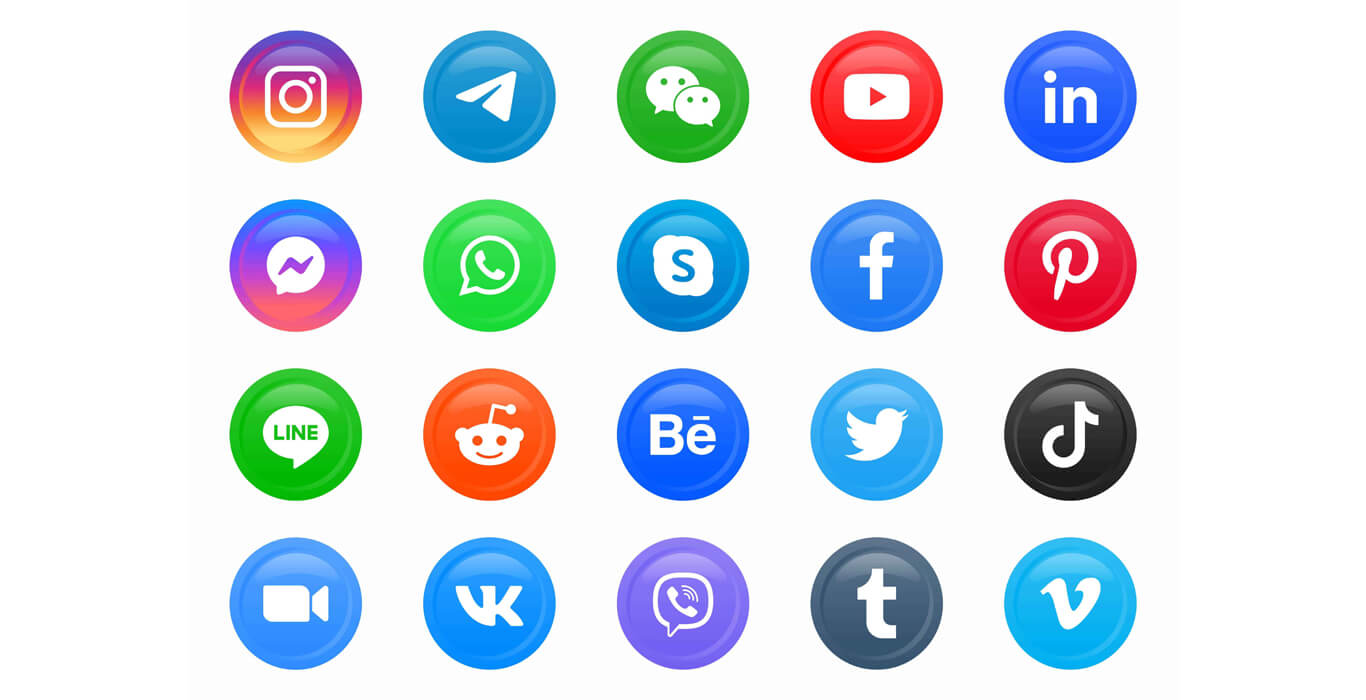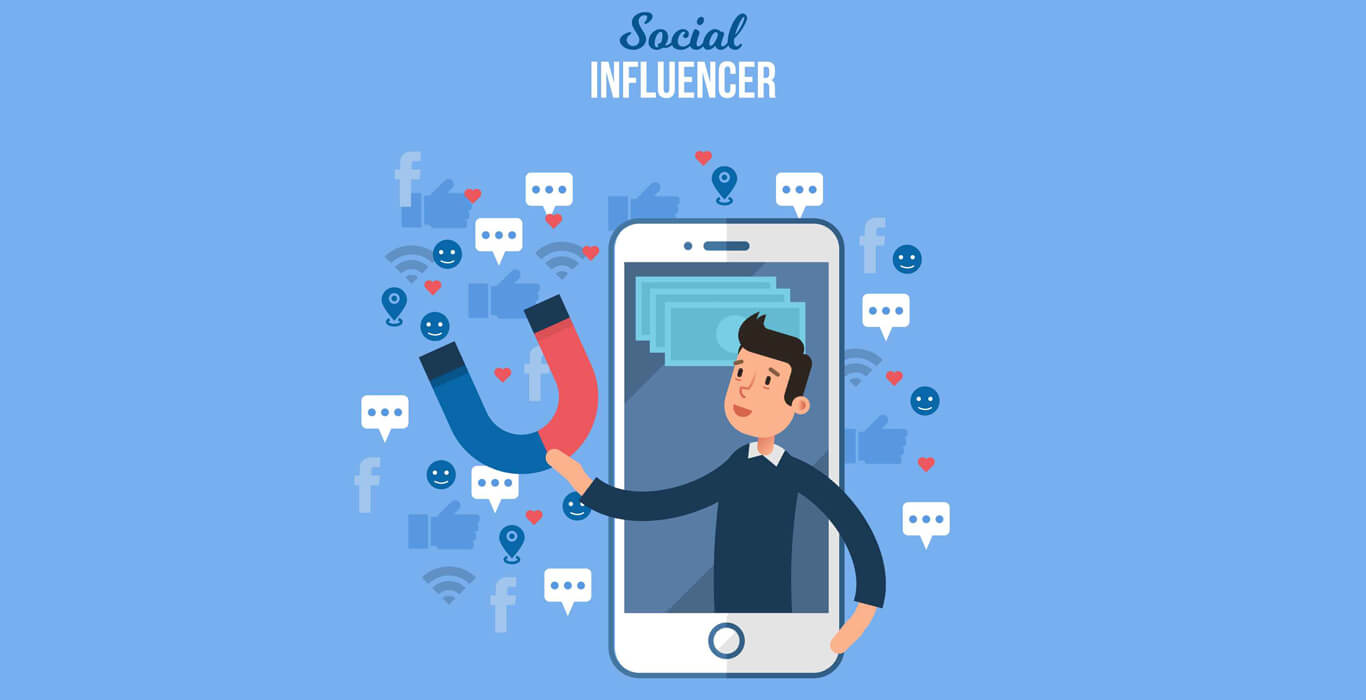|
Getting your Trinity Audio player ready... |
4 min read
Marketing as an advertising tool has changed tremendously with the advent of social media. Gone are the good old days when indoor marketing (TV, radio, newspaper) and outdoor marketing (Billboards, hoardings, bus and street advertising) were the only options available.
Social media today offers the bandwidth which presents companies with new ways to connect and interact with their target audience. Although social media marketing is beneficial for both business-to-business (B2B) and business-to-consumer (B2C) companies, the approaches and techniques employed might vary greatly. Today, we’ll examine the differences between B2B and B2C social media marketing that you should know and how they may affect the overall strategy and results.
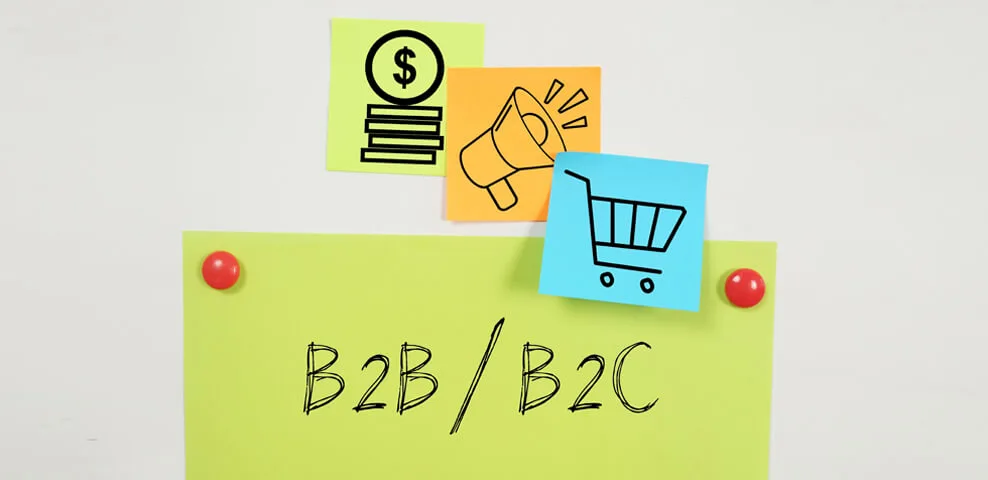
B2B versus B2C: What is it?
An organisation classified as B2B (business-to-business) sells its goods and services mostly to other companies as opposed to private customers. B2B enterprises often serve other organisations’ requirements by offering services, tools or solutions that improve their operations, streamline their workflows, or address certain issues.
In contrast, a business that specialises in selling goods or services directly to individual customers for their own use is known as a B2C (business-to-consumer) enterprise. B2C companies fulfil the requirements, preferences, and desires of end users. Their social media strategy often seeks to build strong brand recognition and foster emotional connection with their clients.
Differences between B2B and B2C social media marketing
1. Target audience: Another difference between the two types of social media marketing is the target audience. Business-to-business (B2B) organizations focus on experts, professionals, and decision-makers when marketing to other businesses. Conversely, business-to-consumer (B2C) enterprises try to attract individual consumers. This affects how messaging, tone, and content are handled in social media.
For instance, a B2B software company may produce content about the difficulties experienced by IT managers while a B2C fashion brand often shares trendy looks and fashion tips with ordinary buyers.
2. Marketing Goals: The goals for both B2B and B2C lea social media marketing campaigns differ from each other. To achieve objectives such as lead generation, building long-term relationships with customers, demonstrating expertise in their fields and increasing brand awareness; B2B marketers have different aims as compared to those of their counterparts in the consumer market who aim at boosting sales rate through building brand recognition or enhancing customer loyalty.
For example, a B2C cosmetics manufacturer uses Instagram for product display and promotions whilst a LinkedIn account for industry knowledge purposes targeting prospective customers is used by a firm that provides services to businesses.

3. Powerful content that can appeal to potential clients: Depending on the target and goals, different content strategies are used for B2B and B2C social media marketing. B2B content often consists of case studies, webinars, and thought leadership pieces and is more formal, industry-focused, and educational. B2C content features storytelling, entertainment, and visually attractive elements, and is more casual and captivating.
A B2B manufacturing business, for instance, may publish a case study on a recent project that was successful and the outcomes of the project. In contrast, a B2C travel agency might publish lovely pictures of holiday spots to draw in customers.
4. Using the correct social media platform: B2B and B2C marketing prefer to use different social media platforms. Because LinkedIn, Twitter, and occasionally Facebook cater to professionals and allow the sharing of business-related material, B2B enterprises tend to use these platforms. On the other hand, B2C businesses frequently use Facebook, Instagram, Snapchat, Pinterest, and other similar sites to highlight their goods and services through visually pleasing material that appeals to customers. In the end, it is down to the company and how best they wish to connect with their target market.
Example: A B2C fitness business utilises Instagram for client testimonials and exercise videos, while a B2B consulting firm uses LinkedIn to engage with executives and publish thought-provoking articles.
Conclusion
In social media marketing, understanding the difference between B2B and B2C marketing is vital for companies aiming to thrive online. By tailoring your content strategy, target audience, and platform selection to your specific goals, you can leverage the power of social media to generate leads, build brand awareness, and ultimately achieve success.
At I Knowledge Factory, the leading social media marketing company in Pune, we understand the nuances of B2B and B2C social media marketing. Our expert team leverages data-driven strategies, creative content, and targeted campaigns to help businesses achieve their social media objectives, whether it’s generating quality leads, improving brand awareness, or driving sales. Partner with us to use the full potential of social media for your business success. Contact us now.
FAQs
1. What is the difference between B2B and B2C social media marketing?
The main difference between B2B and B2C social media marketing lies in their objectives and strategies. B2B focuses on lead generation, thought leadership, and industry expertise, using content marketing and targeted ads. B2C emphasises brand awareness, customer engagement, and loyalty through visual storytelling, influencer partnerships, and promotional campaigns.
2. What is B2C social media marketing?
B2C social media marketing focuses on promoting products or services directly to consumers, aiming to increase brand awareness, drive engagement, and encourage purchases through visually appealing content, influencer collaborations, and promotional campaigns.
3. Which social media platform is best for B2C?
For B2C marketing, platforms like Instagram, Facebook, and Pinterest are often considered the best due to their visual nature, large user base, and features that support engagement, product showcasing, and influencer collaborations.
4. What types of content are most effective for B2B social media marketing compared to B2C?
For B2B social media marketing, content types like industry insights, case studies, whitepapers, webinars, and thought leadership articles are most effective. In contrast, B2C marketing benefits from visually appealing content such as videos, user-generated content, product showcases, and promotions.

Ashish Dalia is the CEO & Chief Digital Marketing Strategist at I Knowledge Factory Pvt. Ltd.

Ashish Dalia is the CEO & Chief Digital Marketing Strategist at I Knowledge Factory Pvt. Ltd.

